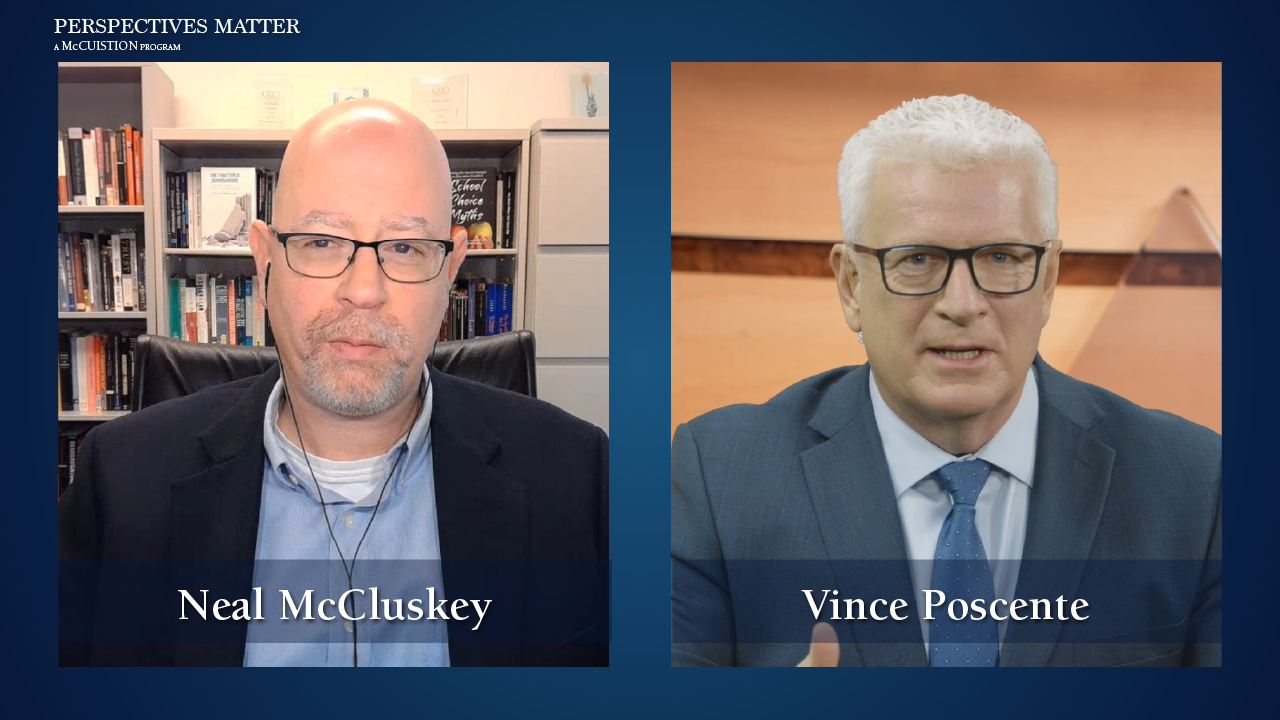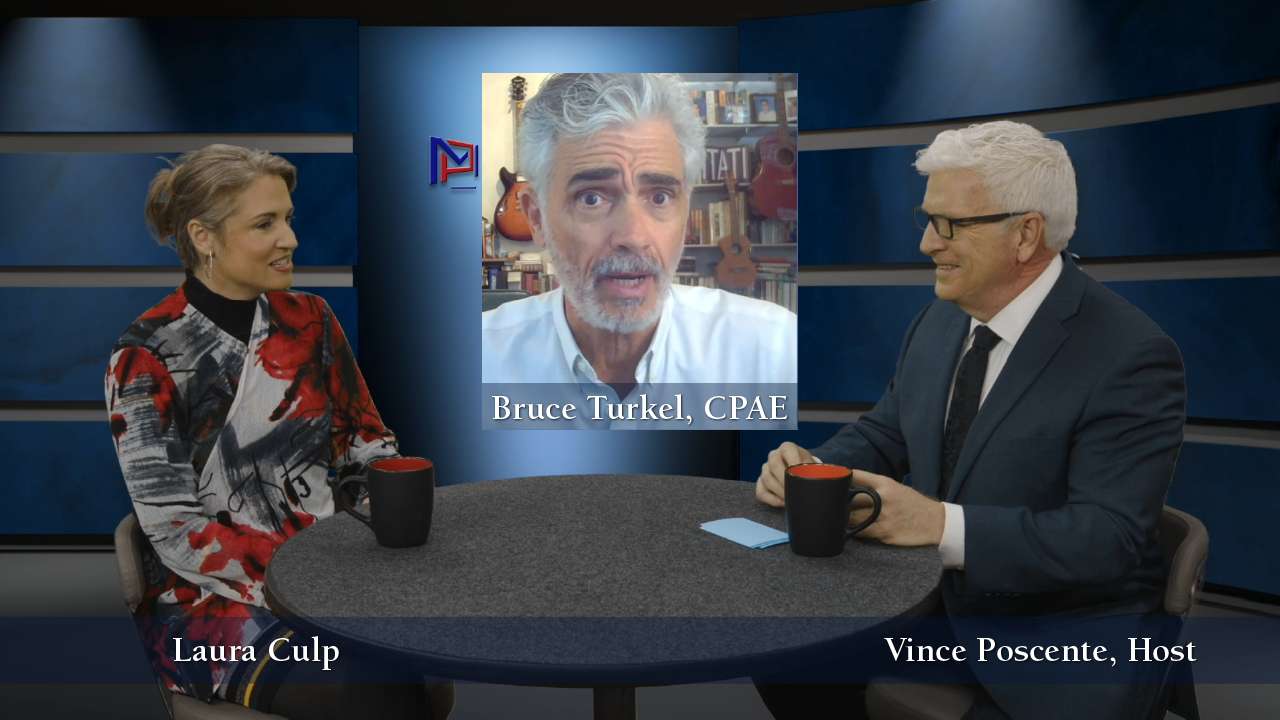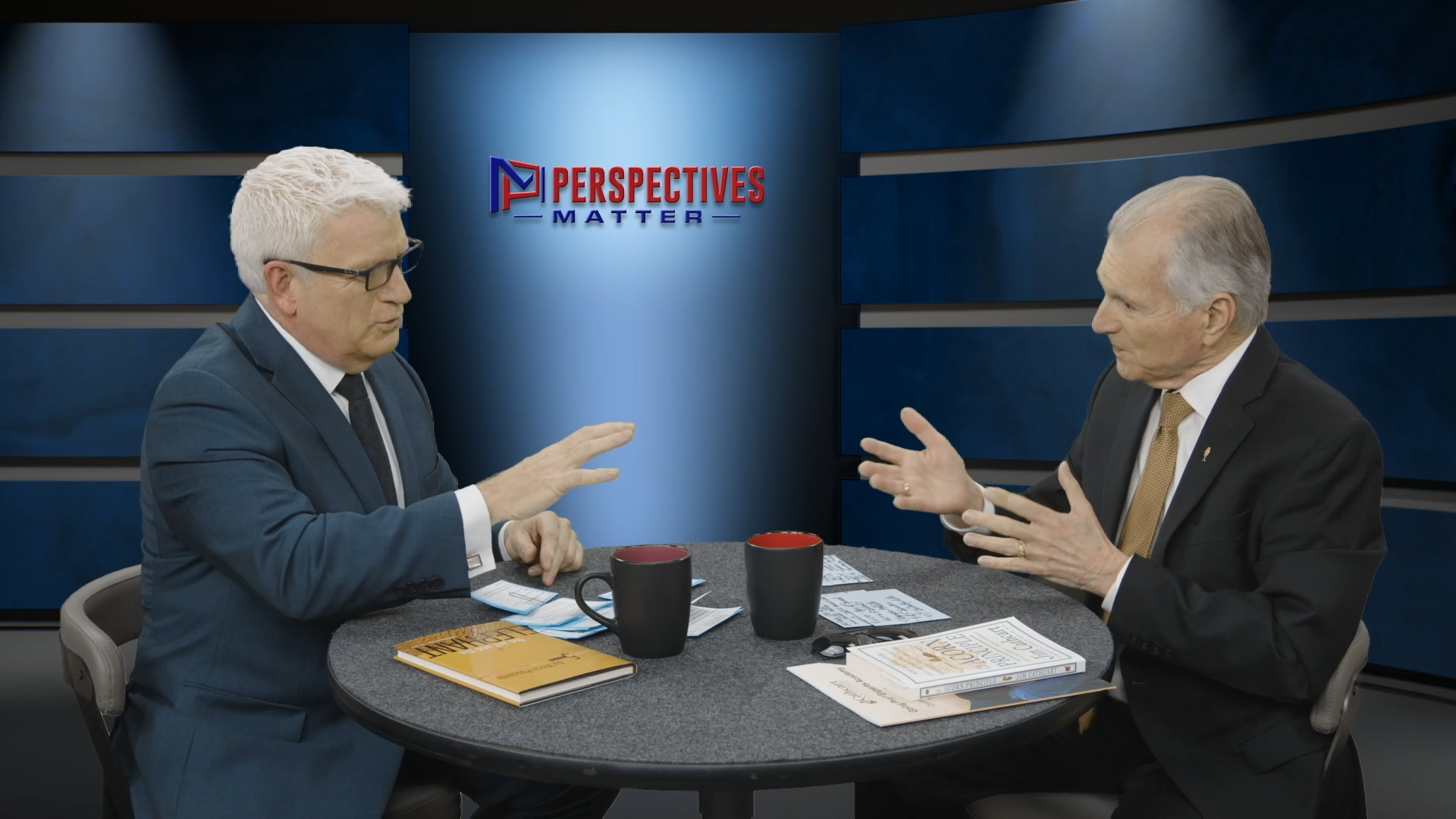Snowden, the movie; directed by Oliver Stone, portrays Edward J. Snowden as a hero- a patriot who suffered agonies over what he considered the U.S. government’s nefarious activities. He wanted to free people ( Americans ) from oppression. He says, “This is not about money and I have no hidden agenda. People can decide if I’m wrong or if something inside government is really wrong”.
In May of 2013, Glenn Greenwald, who has been labeled as one of the single most polarizing figures in American journalism today and Laura Poitras, a documentarian, met with Edward Snowden in Hong Kong. The controversial interview (taped in a hotel room, with their not knowing if at any moment there would be a knock on the door, Snowden arrested and their material confiscated) became the basis of the documentary Citizen Four as well as Greenwald’s book, No Place to Hide. The interview is featured in the film.

Left to Right: Niki McCuistion, Glenn Greenwald and Dennis McCuistion
We had the opportunity to interview Greenwald on his experience and his conversations with Snowden.
Join us and our guests:
– Tod Robberson: Former Editorial Writer, Dallas Morning News
– Charles “Chip” Babcock: Partner, Jackson Walker, L.L.P and
– Gordon Dee Smith: CEO, Strategic Insight Group, Former CEO, Dallas Committee on Foreign Affairs, for a lively discussion on the role of journalism and the potential impact on national security if too much information is given to the public. So where’s the fine line?
The ethics of journalism and whether the public has the “right to know”, even if at the expense of national security sparks some interesting insight from our experts. Our guests have strong opinions on the role of journalism and how it should be practiced and whether Snowden is a hero or a traitor.

Panelists from Part 1 & 2 – Left to Right: Daxton “Chip” Stewart, PhD, Dee Smith, Tod Robberson, Niki McCuistion, Dennis McCuistion and Charles “Chip” Babcock
From Greenwald’s perspective, labeling Snowden as a traitor is irrational. He says, “Snowden did not act as a traitor would, but instead acted as a whistleblower. He did not sell the material he had for a profit, nor pass it on to enemies of the U.S. or publish it on the Internet. In fact he says, he did the exact opposite. Snowden met with journalists, offered the material and asked that they get input from our government on it.” Greenwald states more whistleblowers have been jailed and tried under this present administration than any other.
Our guests viewpoints differ somewhat. We talk about what journalism is and is not, its vital role in democracy, as watchdog, and the increasing need to shine a light on what our leaders do and say.
The issues are complex. As Americans we reject the idea of our own government spying on us and hope they do the right thing. Yet what is the right thing in a world of more connectivity and more margin for leaks and errors that could endanger our democracy?
And please don’t forget that for the last 26 years it is you, our viewer who keeps us on the air.
The McCuistion Program, a 501(c)(3) tax exempt organization does not receive any KERA pledge dollars, PBS funds or government grants, so thank you for your continued support.
Warm regards,
Co-Founder, Executive Producer, Producer
Business Consultant / Executive Coach, specializing in Organizational Culture Change, Governance and Strategic Planning
(214) 394-6794
www.nikimccuistion.com
nikin@nikimccuistion.com
***
2301






